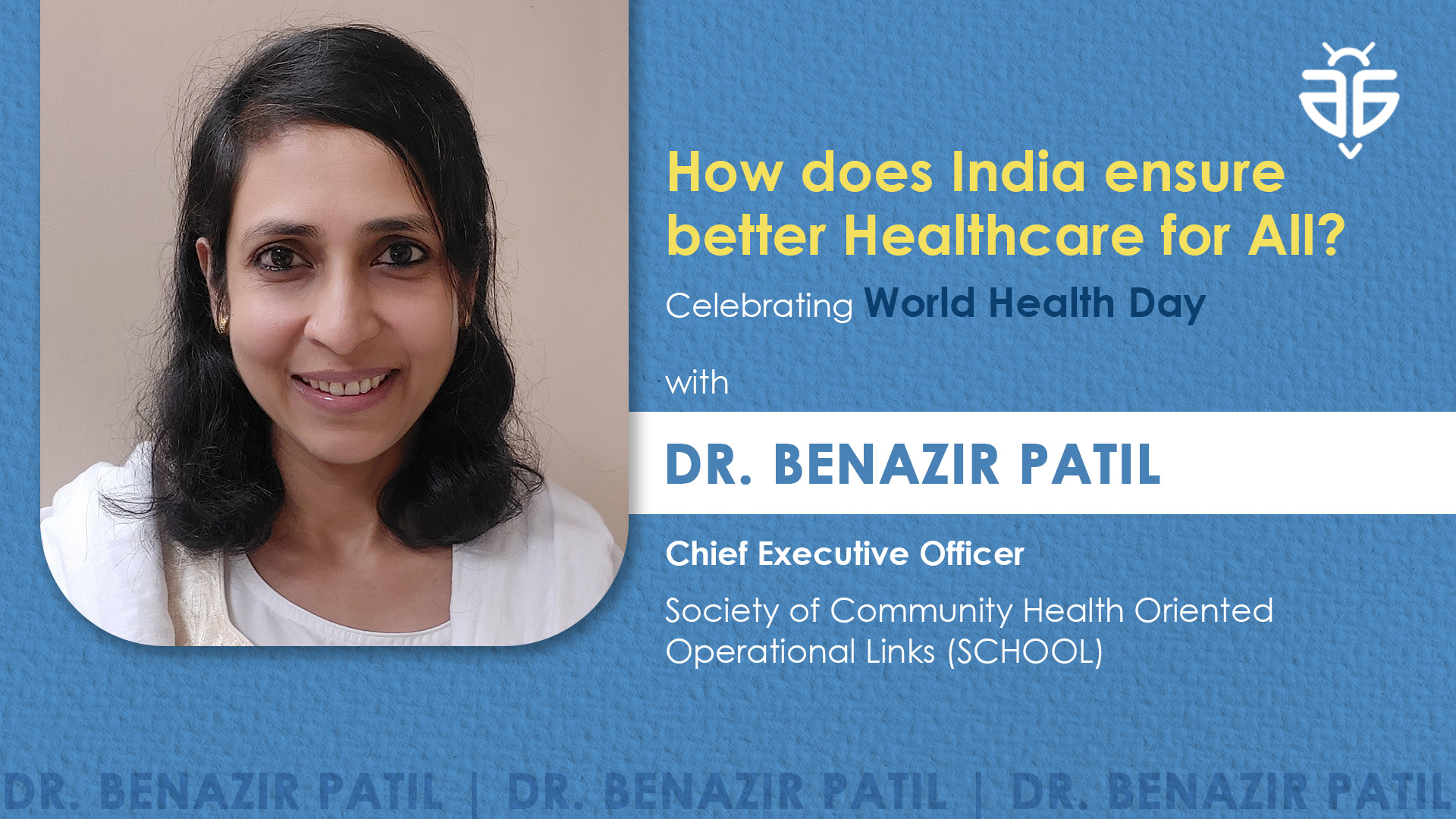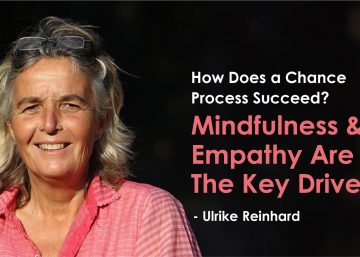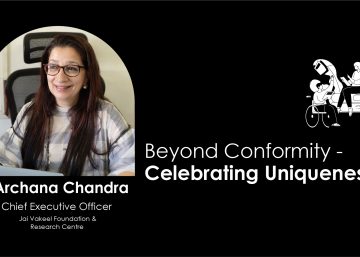This year, on 7th April 2023, the World Health Organization will observe its 75th Anniversary.
Every year, World Health Day provides an opportunity to governments, health organizations,
academicians and individuals to prioritize pressing health issues and promote positive actions
for the same.
‘Health for All’ indeed envisions a health coverage which is not just universal in
nature but one that offers financial protection, access to quality essential services, lifts people out of poverty, promotes the well-being of families and communities, and protects them against public health crises.
India has definitely been moving forward with this vision, embedding equity-oriented, gender-
sensitive and rights-based programming for those who are in greatest need of health care. The beginning of 21st century witnessed the launch of health mission which ensured a magnificent
reach in the remotest villages. The recently launched Pradhan Mantri Jan Arogya Yojana
(PMJAY) and Ayushman Bharat program has further fortified this pillar of Universal Health
Coverage (UHC). While UHC in India reemphasizes prevention, promotion, treatment,
rehabilitation, and palliation, what makes it unique is the efforts to reduce financial hardship
that has been limiting people in accessing health care in the past.
One of the most non-negotiable, revolutionary and complementary element is digital
healthcare, which enhances both accessibility and affordability of healthcare services. It has the potential to not only prevent diseases but also manage chronic conditions and personalize medicine for individual patients. By leveraging technologies such as telemedicine, remote monitoring devices and health apps, digital healthcare is marching ahead in facilitating timely diagnosis and treatment for people, particularly those in remote or underserved areas.
However a stark disparity in the healthcare infrastructure in rural, urban and tribal belts of the
country cannot be overlooked, and overcoming these challenges will require concerted efforts
from both the government and private sector stakeholders.
As a first step, availability and accessibility of high-quality primary care through government
health services will need to be strengthened and the challenges in utilization of these services
will have to be monitored very efficiently, so as to provide immediate and customized solutions.
Secondly, the insurance products for out-patient care, including the ones in PMJAY, will need
to have smooth and seamless applicability. A good starting point is to include diagnostic
services as well as preventive check-ups that help in combatting non-communicable diseases.
Further, a public health approach that sets in mechanisms which encourage the health systems to focus on the provision of preventive care rather than curative care will indeed serve as an impetus. Thirdly, high out-of-pocket expenses on medicines needs to be dealt with urgently.
And this can be tackled through a dual effort, by increasing the provision of free medicines on
one hand and rationalizing the use of medicines on the other.
But we should not forget that ‘Health for All’ is all about ‘All’!
While the country has achieved milestones in terms of newborn, infant, child, adolescent,
reproductive and maternal health, it is time we address the health care challenges of the older
people, aged 60 and above. The longevity surely may appear as a boon, but it can be a
fulfilling advantage only when the quality of life is ensured. So, this World Health Day, let us pledge that the slogan of ‘Health for All’ should echo with and equate to a support for ‘life-
course’, which includes people of all ages, including the older people!
Wishing a better and more enhanced healthcare to everyone!
Click here to read more stories of change, awareness, inspiration and practising kindness!
aidbees works with 50+ NGOs across 10+ themes including environment, education, health, empowerment, etc. You can support them and join us in spreading the Kindness Revolution. Click here to explore more!
About The Guest Author: Dr. Benazir Patil is the founder and advocate of national level initiative called ‘Vriddha Mitra’ (friends of older people) and has been contributing to geriatric health care in India. She is also the CEO of SCHOOL (Society of Community Health Oriented
Operational Links), an organization which works with vulnerable populations in
ensuring good health and wellbeing as the last mile by addressing every single social
determinant. Born in India, Dr. Patil graduated from Fergusson College before earning her Master’s in Social Work from the Tata Institute of Social Sciences, and went on to complete her PhD
in Public Health Policy from Pune University with a specific reference to policies of
government of India vis-à-vis the population, reproductive health, and family welfare
aspects.







